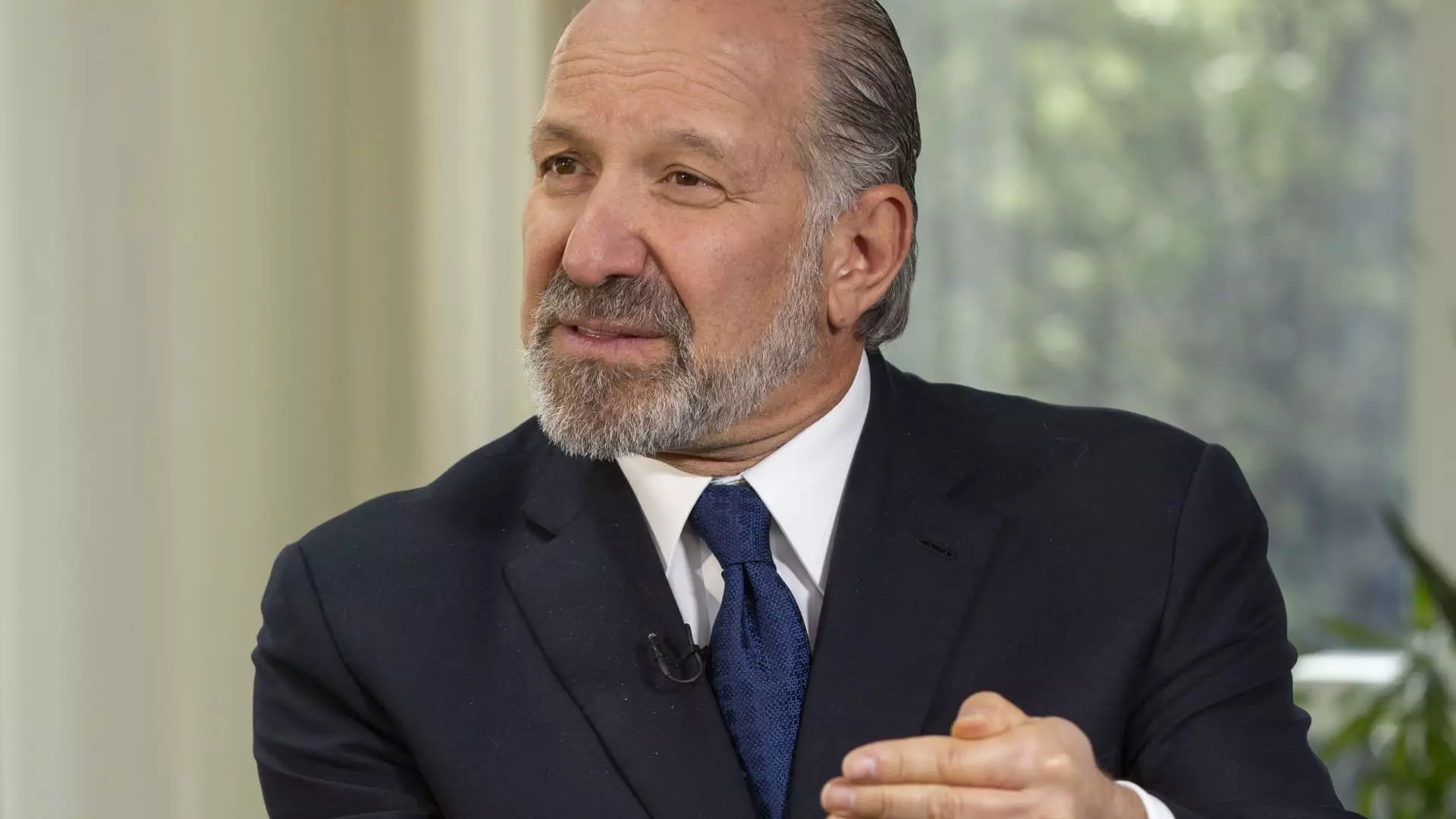The recent declaration by Commerce Secretary Howard Lutnick that August 1 marks a definitive deadline for tariff implementation reveals more about political posturing than genuine resolve. While the White House insists on strict timelines, the reality is far more ambiguous. Tariffs are wielded as tools of economic leverage, yet their actual impact hinges on diplomatic flexibility and international negotiations that inevitably follow these deadlines. The assertion that “nothing stops countries from talking after August 1” underscores an unsettling truth: tariffs are less about immediate economic enforcement and more about setting the stage for future negotiations. This hesitance to pursue swift enforcement exposes a core flaw in the current American approach—what appears to be a hardline stance often crumbles under the weight of diplomatic realities.
Unequal Burdens and the Perils of Economic Isolation
Lutnick’s remarks about smaller nations—particularly those in Latin America, the Caribbean, and Africa—having baseline tariffs of around 10% reflect a troubling tendency to impose one-size-fits-all solutions. Although such measures may serve political narratives domestically, they risk disproportionately burdening smaller economies that depend heavily on trade relationships. These nations are, in effect, caught in a squeeze: facing higher costs while lacking the capacity or influence to negotiate fairer terms. The prospect of uniform tariffs over diverse economies ignores the complex interdependence of modern global trade, potentially igniting retaliatory measures and reducing the overall stability of international markets. These policies seem more rooted in the desire for quick wins than a thoughtful strategy for sustainable economic diplomacy.
The Illusion of Power and the Reality of Negotiation
President Trump’s announcement of tariffs soaring as high as 40% demonstrates an aggressive posture aimed at asserting dominance. However, this bravado masks a fundamental vulnerability—America’s reliance on international trade partners who wield significant leverage. The recent issuance of tariff letters and last-minute negotiations are indicative of a fragile bargaining stance rather than decisive leadership. Markets respond to uncertainty, and these uncertain tariffs create chaos for global investors and consumers alike. The Trump administration’s approach risks transforming America’s economic strength into a fragile power game—appearing formidable but ultimately unsustainable in a deeply interconnected world. True economic influence requires diplomacy rooted in mutual benefit, not coercive tariffs that threaten global stability.
The Center-Left’s Perspective: Advocating for Fair, Not Fearful, Economics
From a centrist liberal viewpoint, the current tariff strategy exemplifies a misguided obsession with protectionism that ultimately undermines American global competitiveness. While it’s understandable to seek fair trade, resorting to punitive tariffs disregards the importance of multilateral cooperation and sustainable relations. The best path forward involves balanced engagement—using diplomacy and economic incentives, not fear tactics, to address trade imbalances. The unilateral imposition of tariffs fosters hostility and retaliation, which only harms working Americans who rely on a stable international marketplace. America’s leadership should focus on fostering fair, transparent trade agreements that benefit all parties, rather than wielding tariffs as a blunt instrument that can fracture the very global alliances upon which the nation’s prosperity depends.
In essence, the current tariff approach reveals a superficial display of strength that masks deeper vulnerabilities. It is not a sign of strategic mastery but a gamble with real economic consequences. As the world watches, the critical challenge lies in replacing this noisy brinkmanship with diplomacy rooted in fairness, mutual respect, and long-term stability.


Leave a Reply